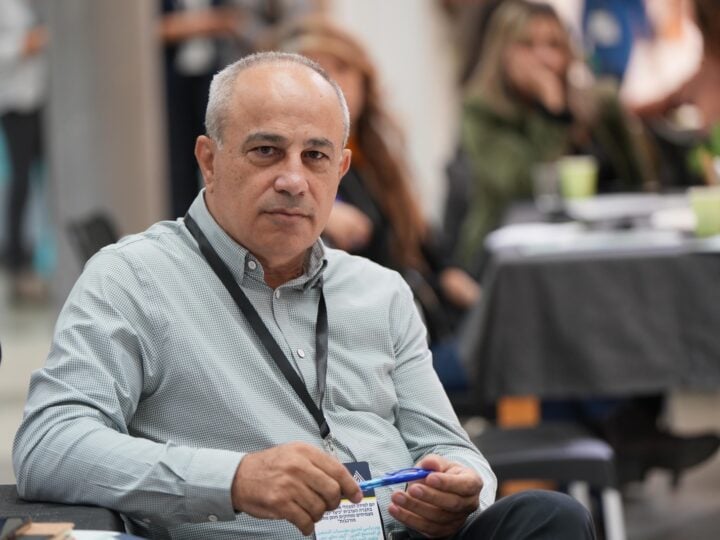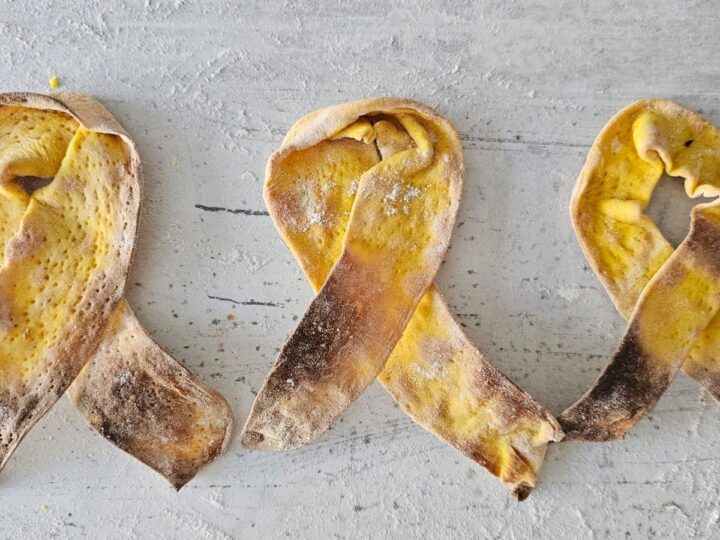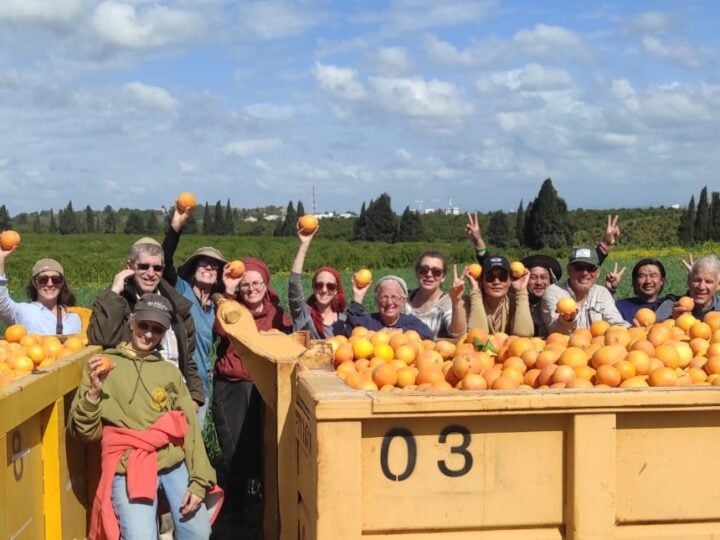There’s no doubt that 2016 has been a momentous year full of unexpected international events ranging from Brexit to the recent Trump win. It was also the year that the United Nations passed a resolution denying the connection of the Jews to the Temple Mount in Jerusalem.
Amidst all this change and uncertainty, the work of ISRAEL21c is more vital than ever, and over the last year we have stepped up our initiatives, sharing stories and content that show people everywhere the incredible and inspiring things originating from Israel to help the world.
This year, we launched a new concept at ISRAEL21c: online exhibitions that readers can either view online or download and print to display anywhere. We ran two exhibitions, “18 Ways Israel is Changing the World” and “My Name is Israel,” which focused on Israeli aid overseas. They were immensely popular and have been staged by hundreds of people all over the world.
Our Spanish site, which celebrated its first birthday in November, has also gone from strength to strength this year, with our Spanish Facebook site going from 0 likes in November 2015 to more than 80,000 in just over 12 months.
To give you a flavor of the stories and content we featured in 2016, here are the most popular 13 stories.
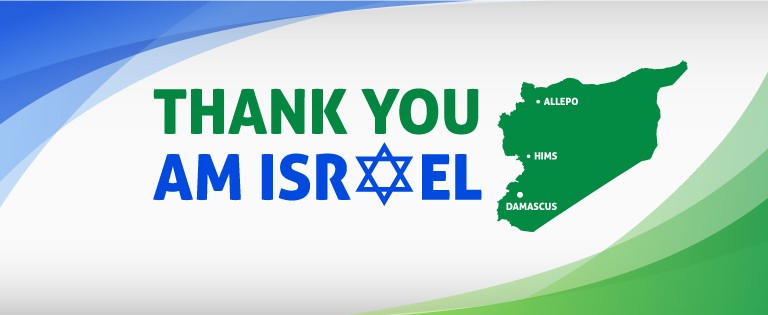
For many people around the world, unaware of the aid Israel has quietly been giving the Syrian population since the country’s civil war began, this story came as a great surprise. Aboud Dandachi, a Syrian refugee from the city of Homs, created a website, Thank You Am Israel, dedicated to the Israeli and Jewish organizations and people helping Syrian refugees.
It’s a moving story, and Dandachi, a Sunni Muslim who fled to Turkey, told ISRAEL21c that his website sparked tremendous feedback and messages of support.
“What surprised me,” he told us, “is the feedback from Arabs. I was expecting hostility from Arabs and instead a surprising number have told me that I’m saying what they can’t say and that I should keep saying what I’m saying. It surprised me the number of Arabs and refugees like me who say that.”
“As a Syrian, I am morally obligated to ensure that the goodwill that Israelis and Jews have displayed towards my people will not be overlooked nor forgotten,” he said.
There have been no new posts since April because the situation for individual Syrian refugees Turkey is precarious, Dandachi reported on Facebook. “There are many wonderful stories of Jewish and Israeli aid to Syrians I’ve stored up, and will post when circumstances become more accommodating.”
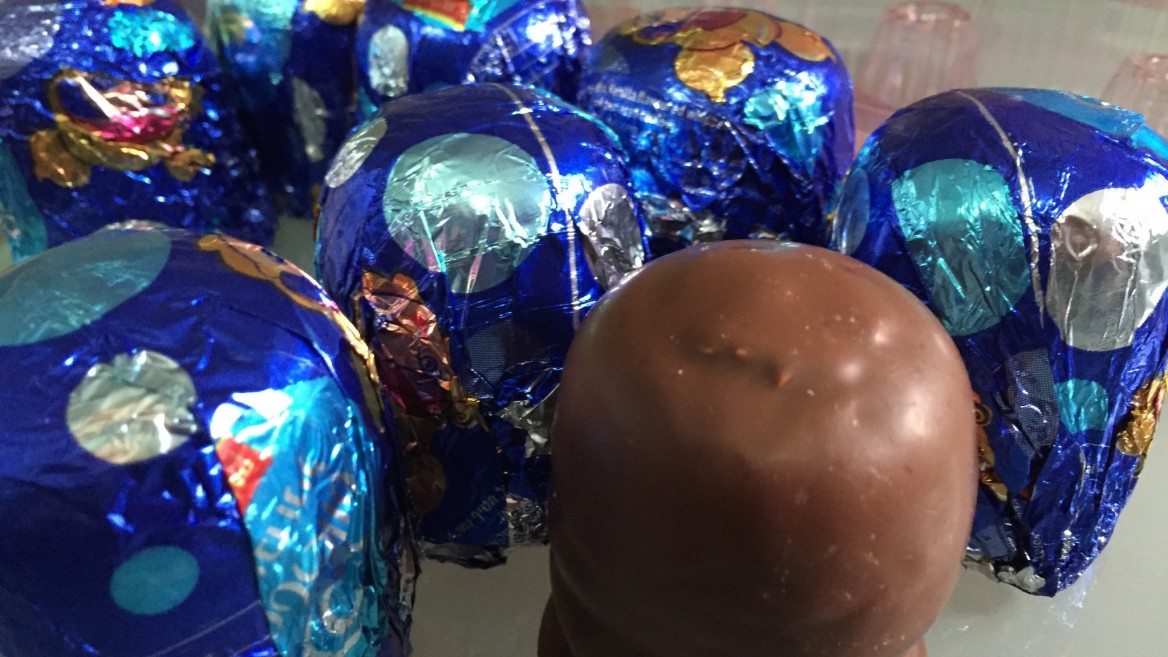
Who could resist a story about Israel’s favorite snacks? Definitely not our readers, who had much to say about their own favorites, and how to eat them, in the comments section. Every country in the world has its own special snacks, but globalization is often destroying the special character of these treats. In Israel, however, made-in-Israel snacks are as popular as ever.
We looked at some of our favorites here in Israel – from Bamba, which has helped reduced peanut allergies in Israel, to Krembo, Bissli, Klik, Pesek Zman, and of course the pudding of choice, Milky.

The moment Yom Kippur ends in Israel, hammers ring out throughout the country, as people begin building temporary huts to celebrate Sukkot. Some of these temporary structures for the week-long holiday are transformed into works of art.
In our story, we looked at some of the most impressive sukkot around the country, such as the president’s sukkah, which children help decorate; to the sukkah at the Waldorf Astoria, which takes three weeks to build; and the dazzling indoor sukkah built by the Israelite Samaritan community, which features a huge geometric canopy of fruits.

In October we launched our second online exhibition, “My Name is Israel,” which focused on the astonishing Israeli aid efforts taking place overseas. Named after the babies who were called Israel in gratitude, the exhibition took an in-depth look at Israeli aid in the wake of typhoons, earthquakes and other disasters.
Since it was founded in 1948, Israel has sent aid to 140 countries, helping people on virtually every continent with anything from search-and-rescue to medical, psychological, educational and environmental relief. It’s an impressive accomplishment well worth celebrating.

Interest in Israeli startup CartiHeal has been running high since we first reported on the company in 2013. The company has developed Agili-C, a revolutionary cartilage-regenerating technology that can be used to help patients with knee cartilage damaged by traumatic injury, and is now also being tested for osteoarthritis.
Currently people suffering from cartilage degeneration have few treatment options. The Agili-C surgical implant is a biological scaffold onto which the body’s own stem cells grow and regenerate the damaged bone and cartilage naturally.
In January, we announced that the company is planning a 2017 launch in the European market. We’ll be following up with CartiHeal in 2017 to find out how the launch goes.

Our first-ever online exhibition, launched to coincide with Israel’s Independence Day, is a gorgeous display of some of the country’s most groundbreaking achievements, from revolutionary wheels that allow wheelchairs to go down stairs, to an ice technology that freezes breast tumors, to a pocket sensor that identifies the chemical make-up of food.
The response to our first foray into exhibitions was phenomenal. Hundreds of readers downloaded the exhibition and put it up in schools, community centers, universities, and halls all over the world.

Some 2.4 billion people around the world face severe water shortages, so it’s no surprise that desalination and water-purification technologies are in hot demand. The problem is, however, that the most common methods of desalination are costly, energy intensive and environmentally problematic.
Now an Israeli startup, TSD (Tethys Solar Desalination), aims to change all that with a revolutionary low-cost, off-grid, scalable and environmentally friendly module technology that uses only the power of the sun.
The company, which is attracting serious interest from China, the US and countries in Africa and Asia, will have its first pilot site up and running in Israel by the middle of 2017, with other potential pilots starting abroad. We’ll be watching the company to see what happens next.
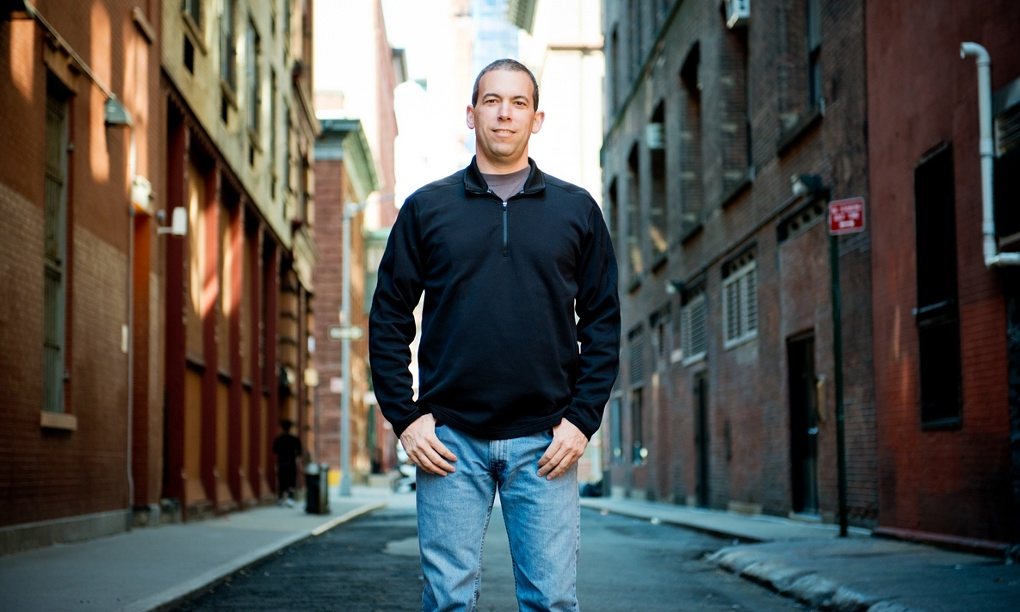
Israel’s tiny market size means high-tech executives need a foreign base. And while Silicon Valley is the traditional go-to destination, New York City has become an increasingly attractive alternative for building global tech companies.
From Outbrain to Taboola, WeWork to Apester, the number of Israeli startups setting up offices in New York is growing rapidly. We took a look at the top 10 movers and shakers in the Israeli startup scene in the Big Apple.

These days it’s cool to be a nerd, and what better way to show off your credentials than to invest in a high-tech startup? Israeli startup founders, who have chutzpah in spades and who offer exciting new technologies, are often particularly attractive to celebrities.
That’s why you’ll find people like Ashton Kutcher investing in Israel’s Fundbox, Will.i.am investing in Tonara, Wishi and Shellanoo Group, and hip-hop legend Jay-Z investing in Powermat.
Click on the story and you’ll find out which other Israeli companies have star power behind them.

Very few people know that the quiet Israeli-Arab community of Arraba (pop. 24,000) in the lower Galilee has more than six doctors per thousand inhabitants – one of the highest numbers of doctors per capita in the world. By comparison, Israel as a whole has 3.4 physicians per 1,000 residents, while the OECD average is 3.3 doctors per 1,000 citizens.
What makes this village even more remarkable is that it produces about 25 to 30 new doctors every year, while the OECD average stands at about 11.5 new medical graduates a year per 100,000 people. So what’s the reason behind this phenomenal success? Well, you’ll just have to read the story to find out.

From disposable smartphone chargers, to a cup that changes the taste of water, to teeny tiny computers, these Israeli-designed gadgets will surely win you best-present-giver status for this holiday season.
According to a 2015 Gallup poll, the average holiday spending on gifts in the US is $830. We sifted through the best of Israeli design to bring you 13 of the best new gadgets from Israel priced at less than $100 apiece.
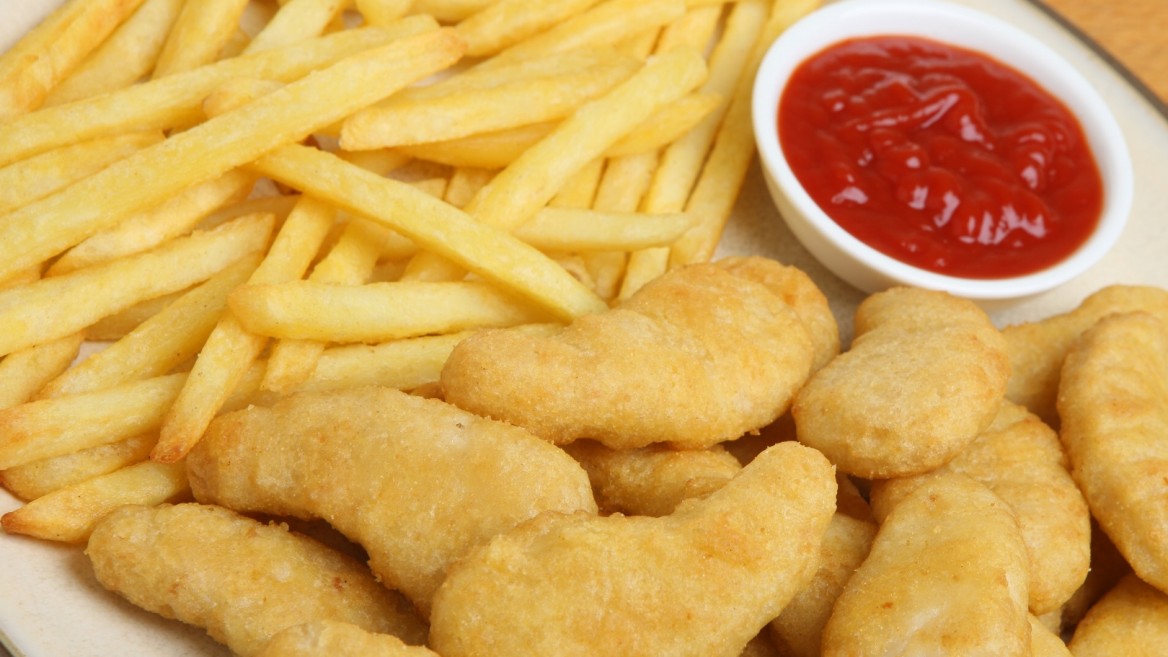
We reported on a study from Israel and Germany that proved that seven commonly added ingredients in processed foods weaken intestinal resistance to bacteria, toxins and other harmful elements, increasing the risk of autoimmune diseases such as type 1 diabetes, celiac, lupus, multiple sclerosis, autoimmune hepatitis and Crohn’s.
The study, carried out at the Technion-Israel Institute of Technology, the Carmel Medical Center in Haifa and the Aesku-Kipp Institute in Germany, offered important clues as to why the incidence of autoimmune diseases is increasing worldwide, and especially in Western countries.
To celebrate Israel’s 68th birthday, we created a stunning video tour of the country that ranges from Eilat in the country’s south, to Tel Aviv, Jerusalem, the beaches of the Mediterranean, and the verdant hills of the Galilee.
Click on the video to enjoy this breathtaking visual tour without leaving home.















